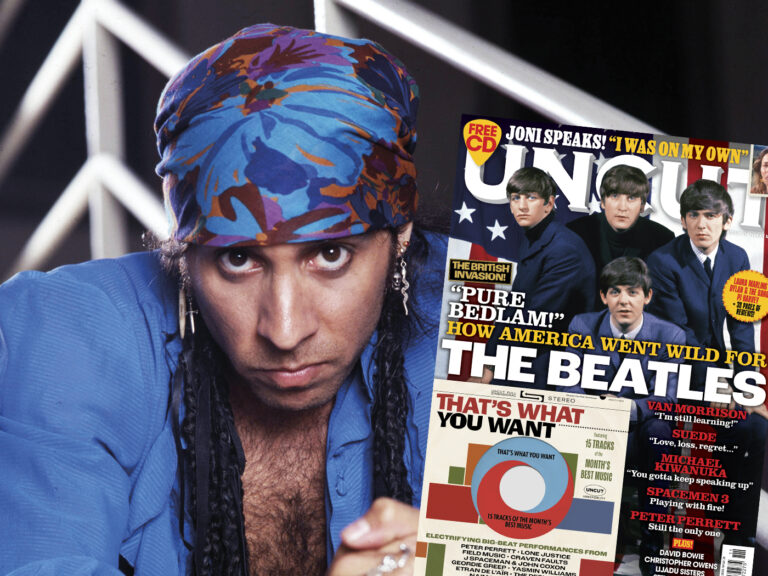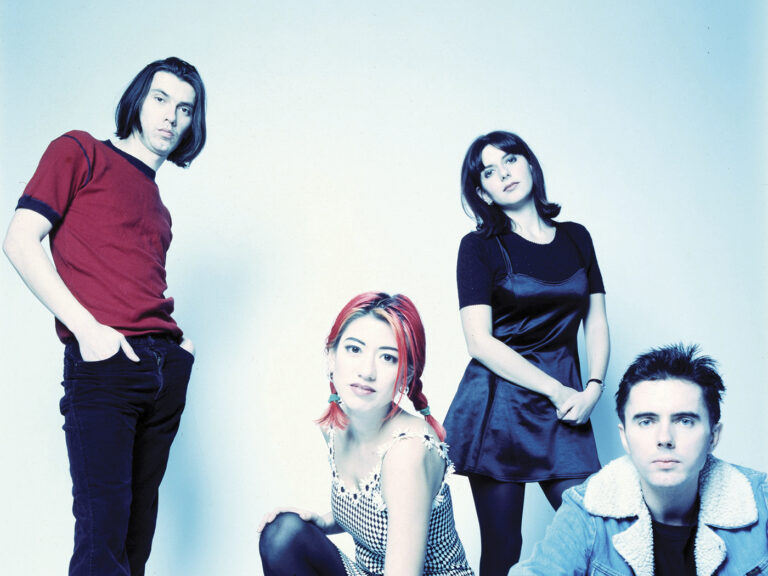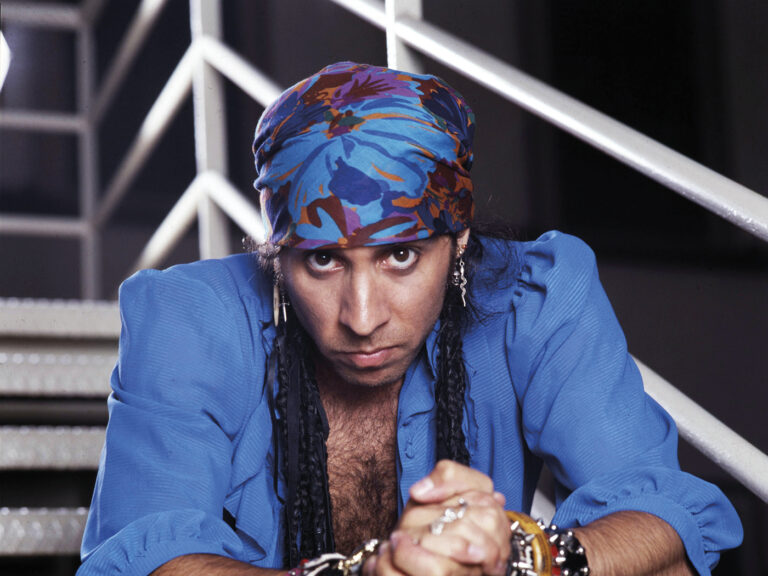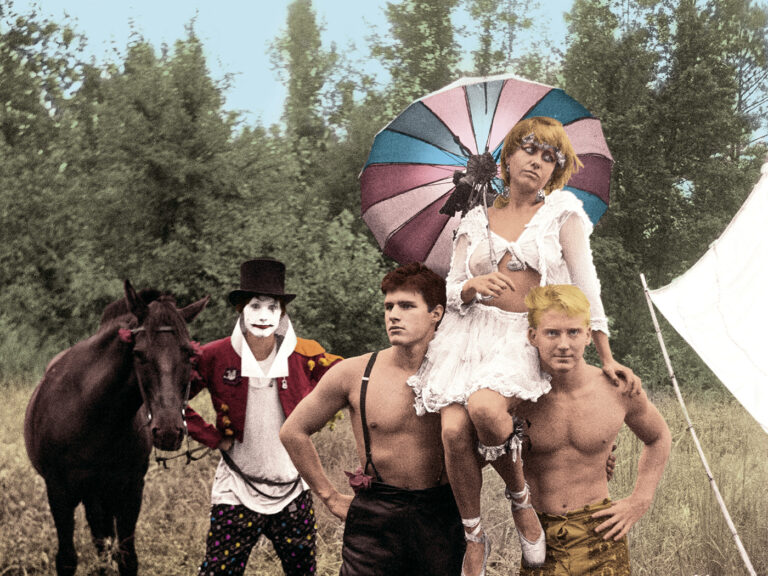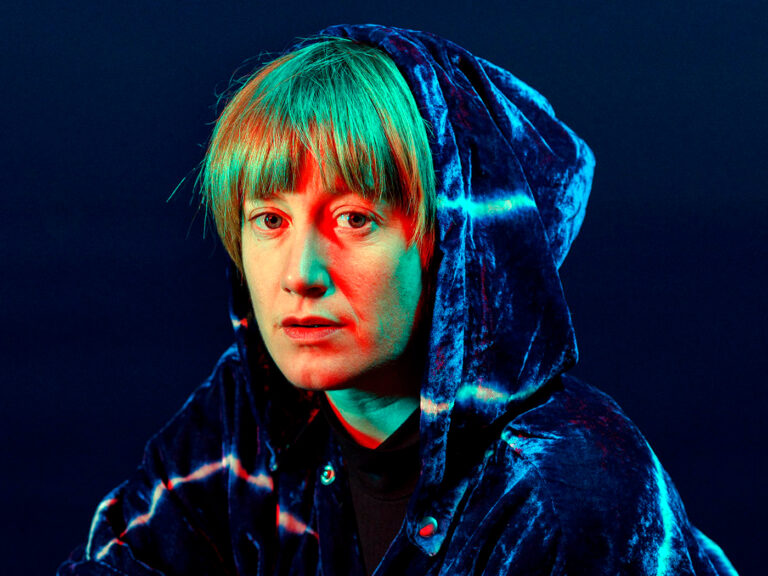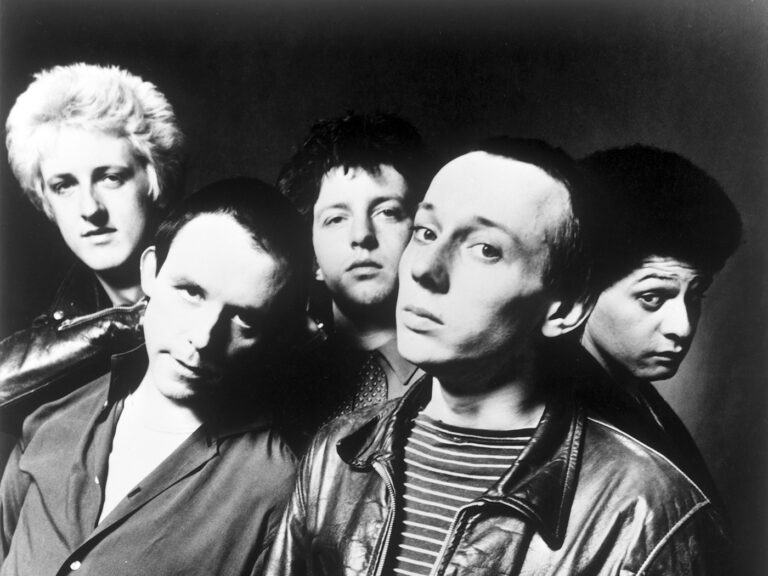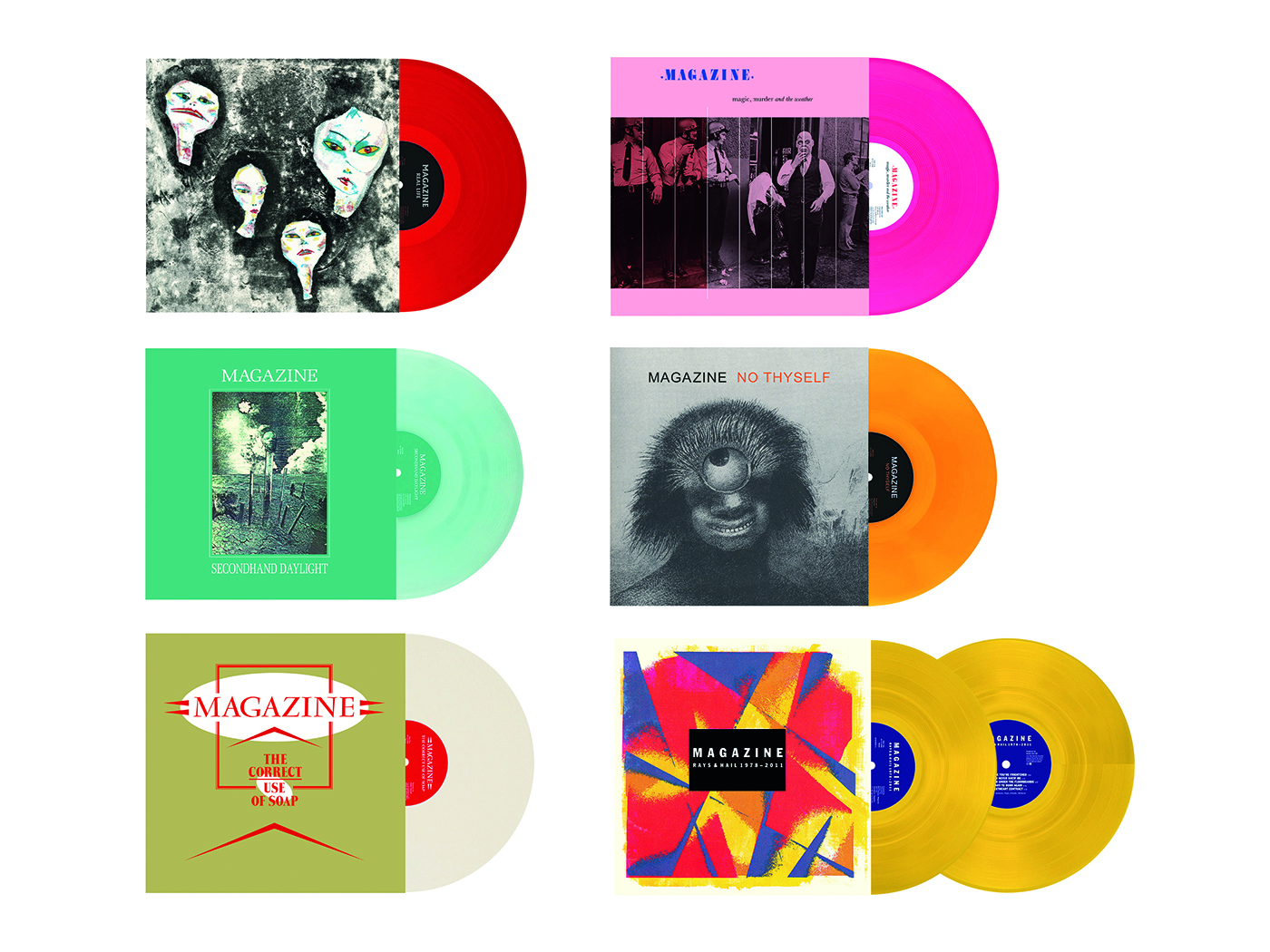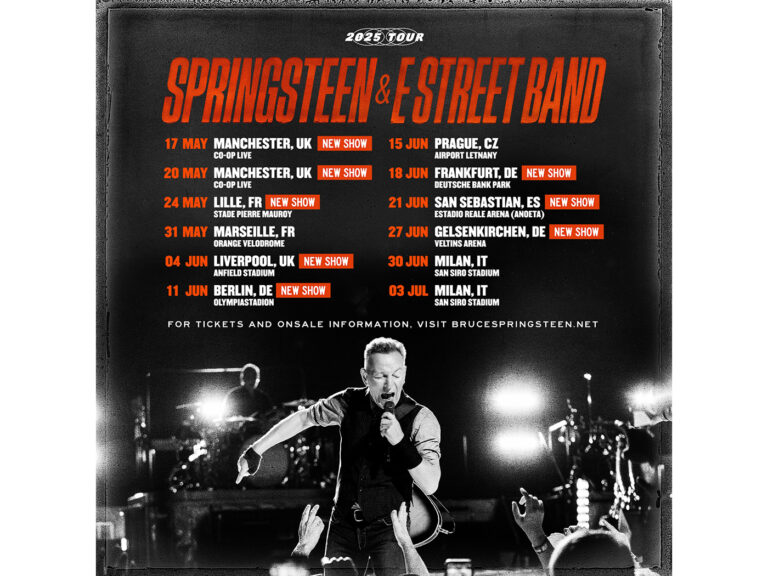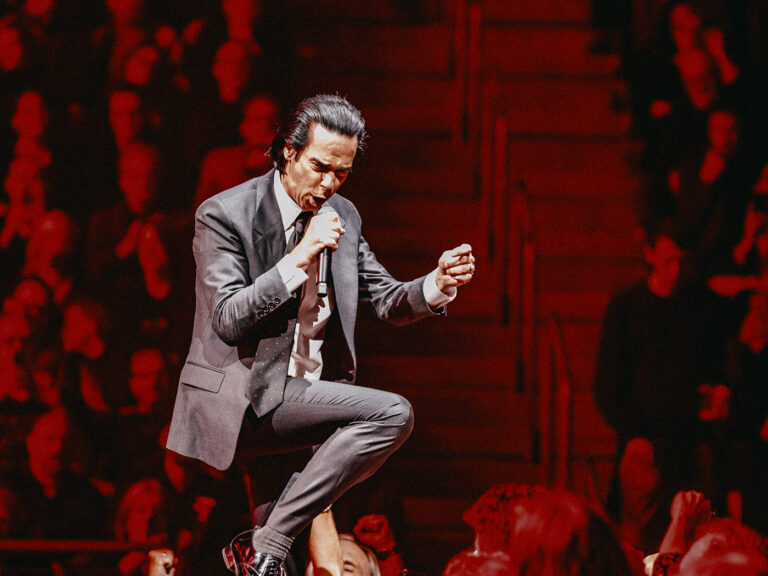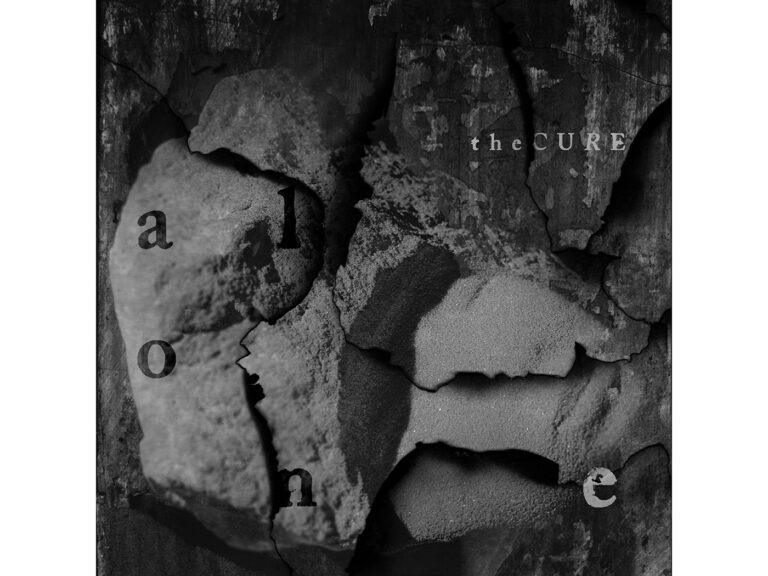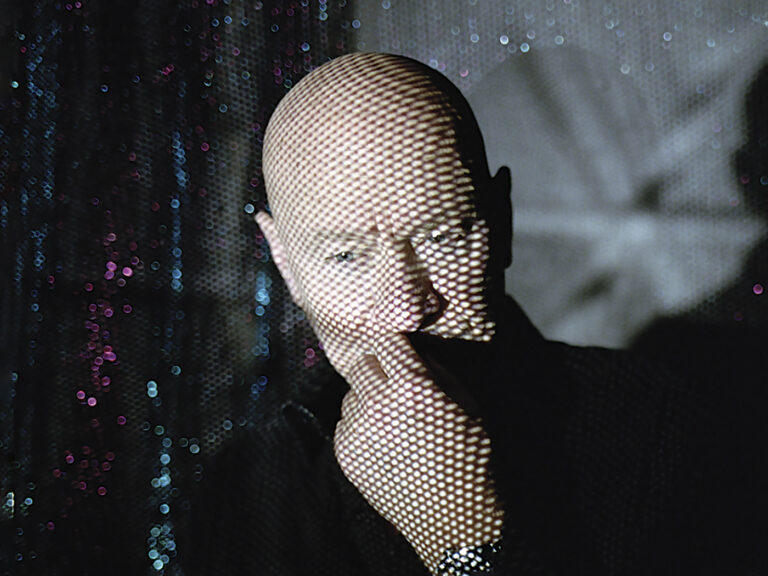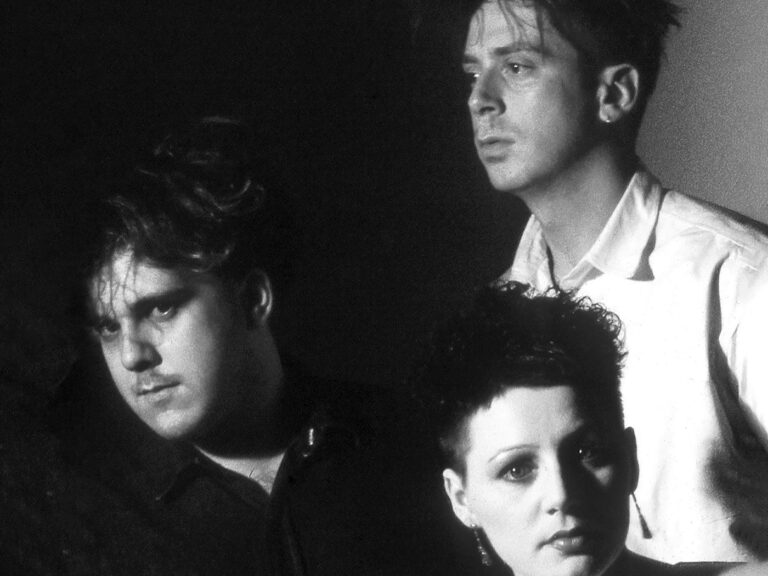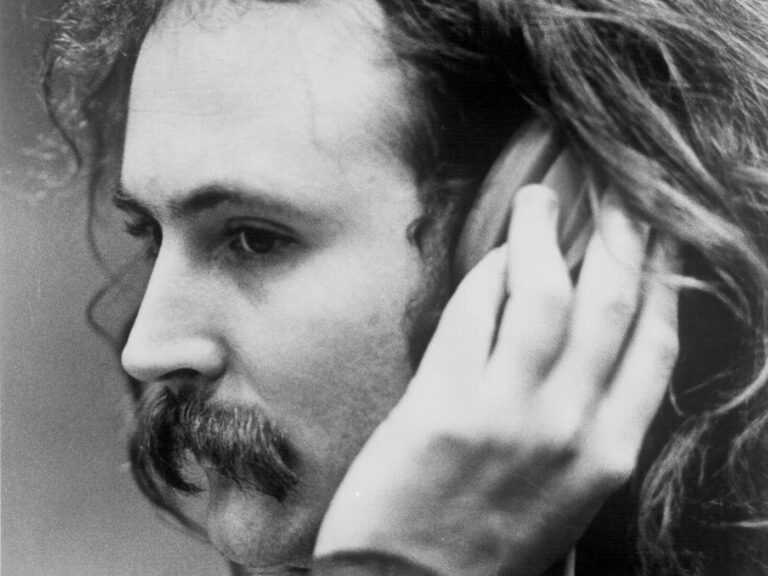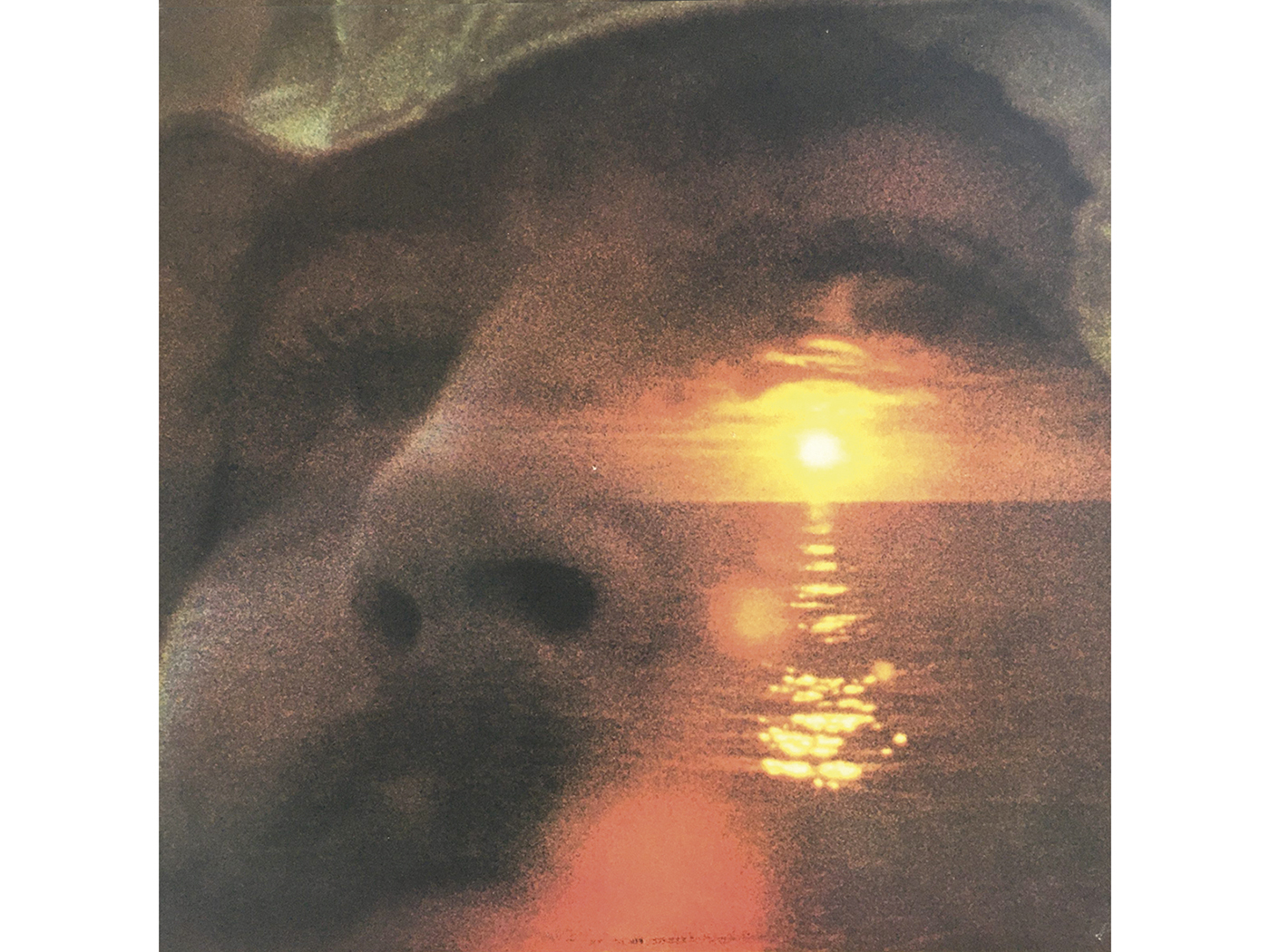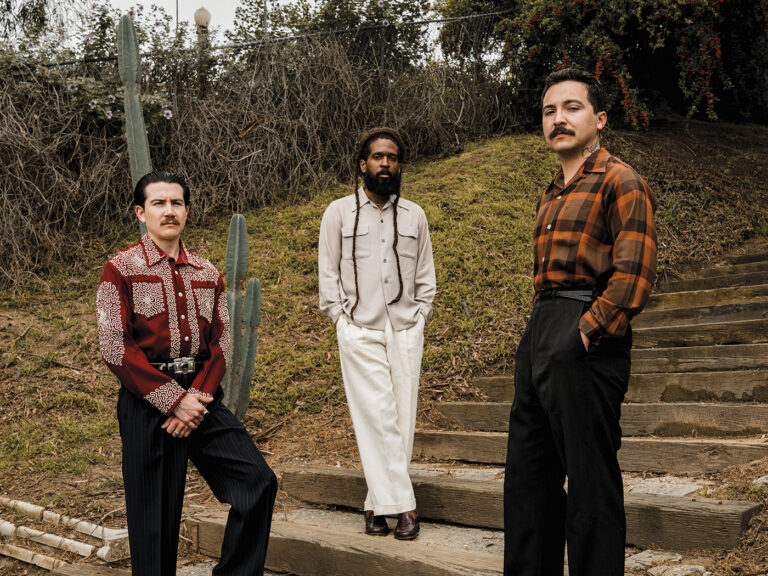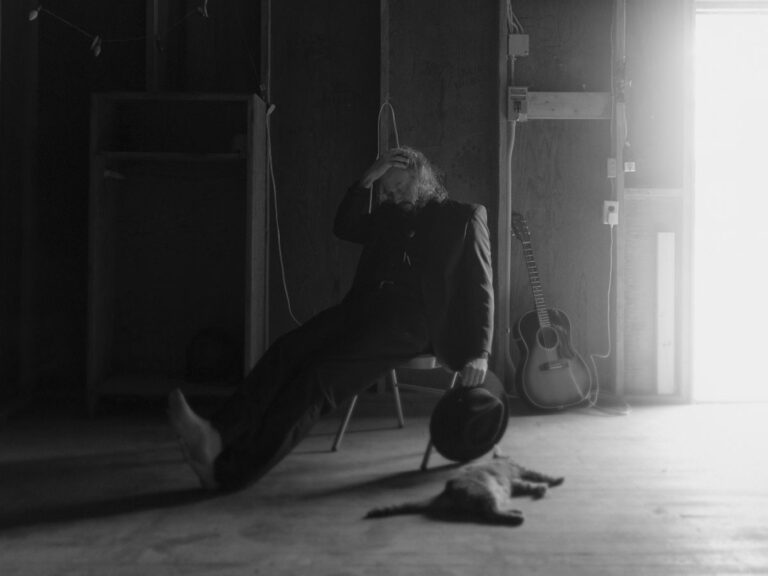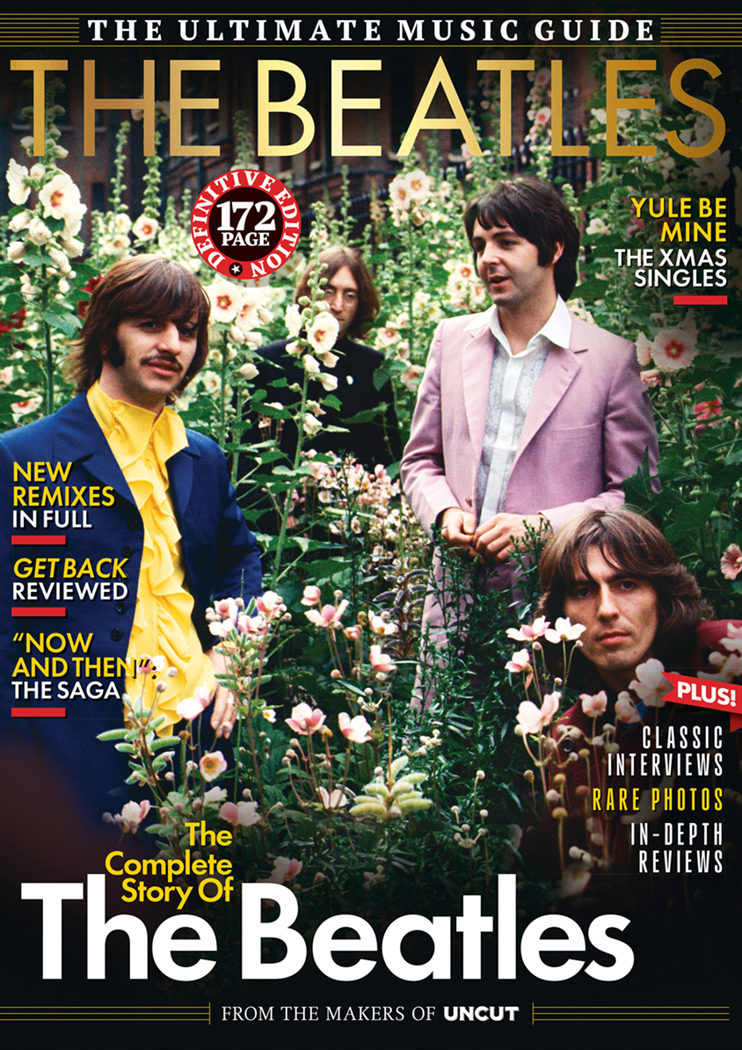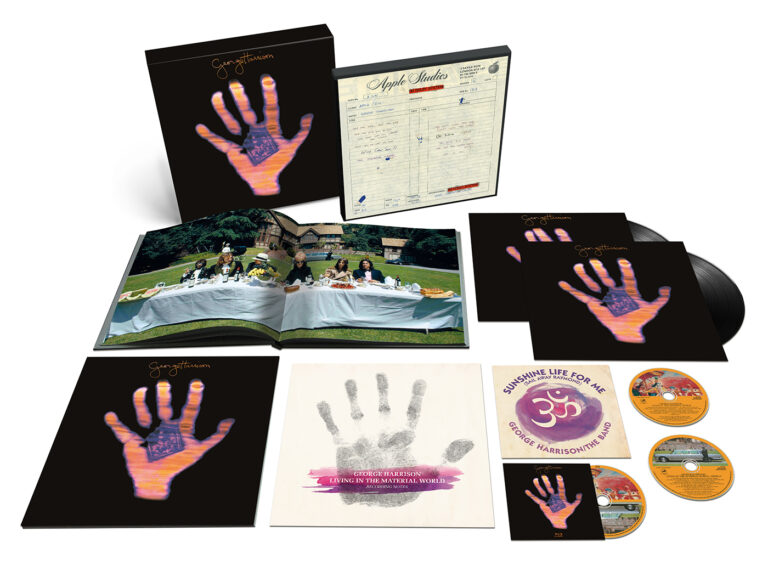The November 2024 issue of Uncut celebrates The Beatles' first US visit in February 1964 and the subsequent British Invasion that shook America.
The November 2024 issue of Uncut celebrates The Beatles’ first US visit in February 1964 and the subsequent British Invasion that shook America.
Who better to assemble a crack Top 10 list of British Invasion 45s than Brit Beat disciple, Stevie Van Zandt?
THE BEATLES
“I Want To Hold Your Hand”
CAPITOL, 1964
“The completely took over the charts. You have to mention this as it was the first salvo of the British Invasion. They continued to do great things all year right up to ‘I Feel Fine’.”
BILLY J KRAMER
“Bad To Me”
IMPERIAL, 1964
“Billy was managed by Brian Epstein so he had some Lennon-McCartney songs like ‘Bad To Me’ but he would have success with other songs. He was pretty big that year, right there with the rest of them.”
THE ROLLING STONES
“Tell Me”
LONDON, 1964
“It’s one of the great ballads of all time. I don’t think it was released in the UK. but it was a single in the US. Although it wasn’t a hit, I got it in my local store so it had some distribution.”
THE DAVE CLARK FIVE
“Any Way You Want It”
EPIC, 1964
“This is as powerful as music gets. The sound of the drums is incredible. It’s a mystery to me why they are not more respected as they made some of the greatest sounding records of the era. What’s not to like?”
DUSTY SPRINGFIELD
“I Only Want To Be With You”
PHILIPS, 1963
“Dusty was definitely part of it. One of the greatest white singers, she made amazing records with a phenomenal sensibility. It’s a shame she didn’t appreciate her own greatness. She was right there very early and had a sexiness and a soulfulness.”
THE ANIMALS
“House Of The Rising Sun”
MGM, 1964
“This was huge. The Stones had prepared us for a group like the Animals, a different kind of pop. Eric Burdon had that same way of singing as Mick Jagger, in a lower register. He was right down there with that more primitive vibe. It was No 1 for weeks.”
THE KINKS
“You Really Got Me”
REPRISE, 1964
“This was a radical sounding record. When this came on the Top 30 radio it was completely new to us. It went very high, as did ‘All Day And All Of The Night’. It was radical and you have to give (producer) Shel Talmy credit for that.”
MANFRED MANN
“Do Wha Diddy Diddy”
ASCOT, 1964
“Paul Jones was another great singer. The uniqueness of every one of these acts cannot be over emphasised. To our parents, they all sounded the same but every one of the bands had to have a unique identity. It was a pre-requisite.”
HERMAN’S HERMITS
“Can’t You Hear My Heartbeat”
MGM, 1964
“They were great, but quite under-rated. Herman’s Hermits were one of the bands along with Manfred Mann and The Animals who used the great Brill Building writers right through the ‘60s turning us on to another group of Americans that we had no idea existed.”
THE ZOMBIES
“She’s Not There”
PARROT, 1964
“This was a different sounding record and by the end of the year The Zombies were getting big. They ended up with three big hits, one of which came after they broke up.”


